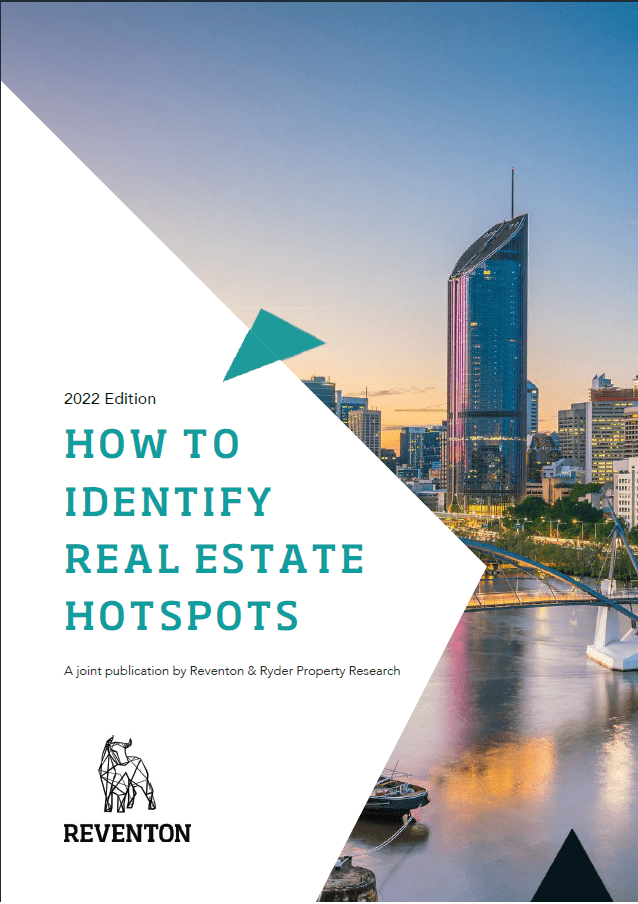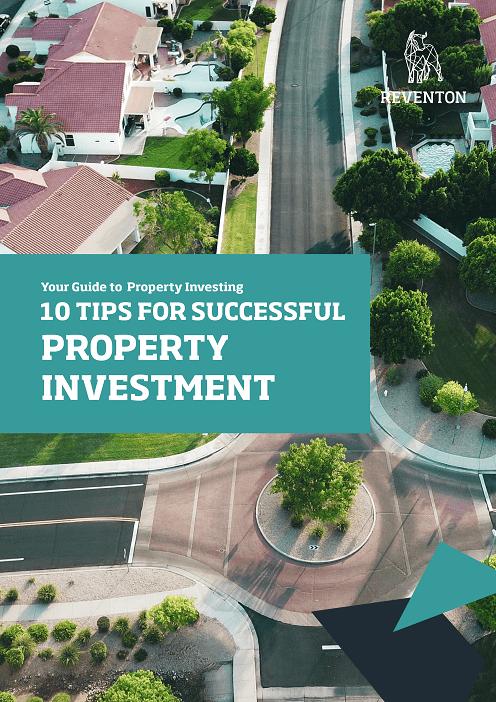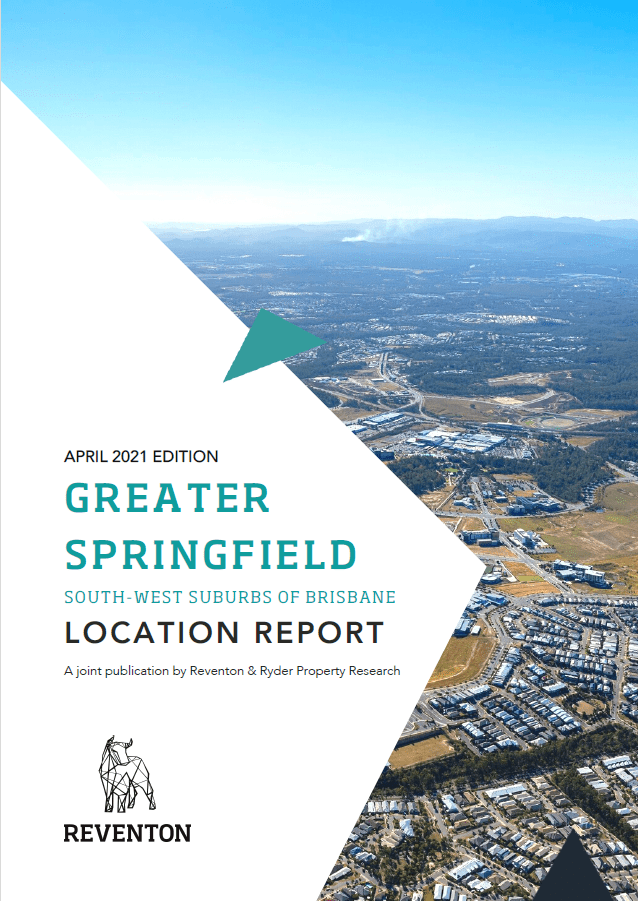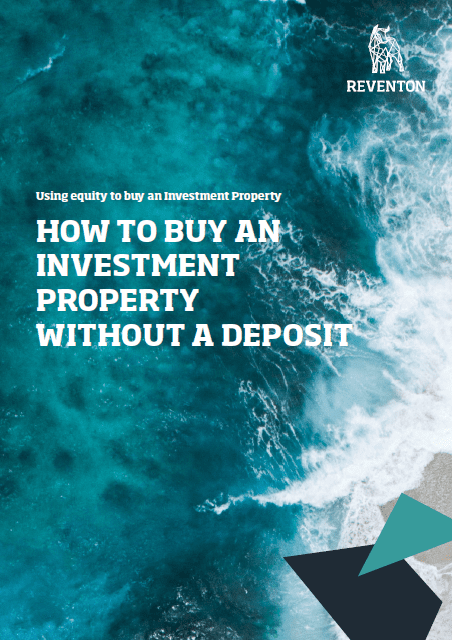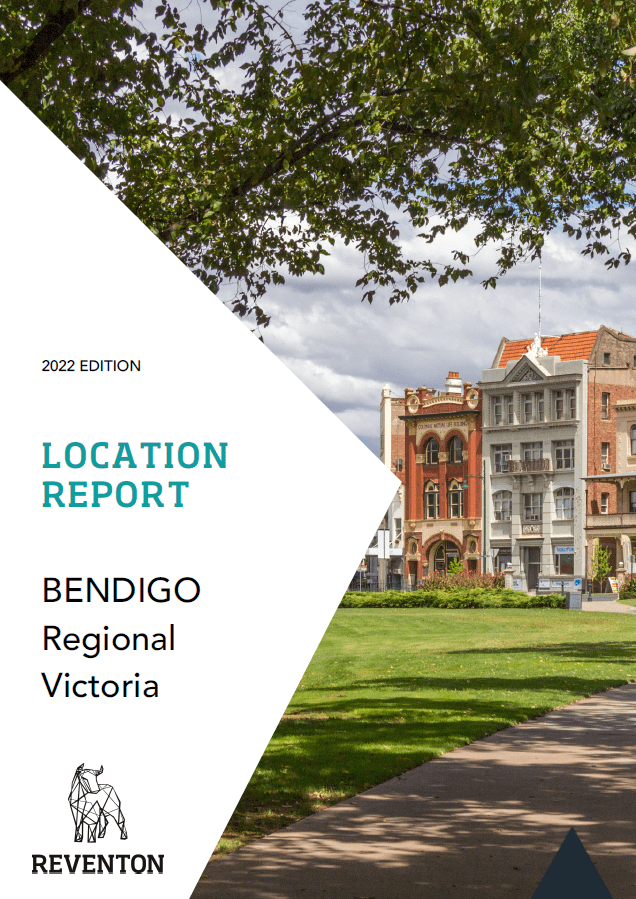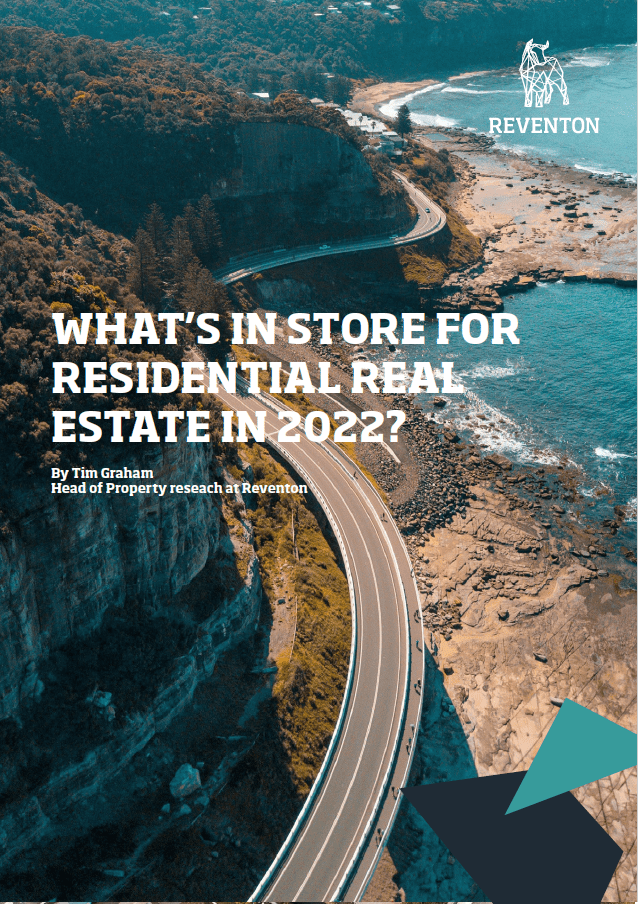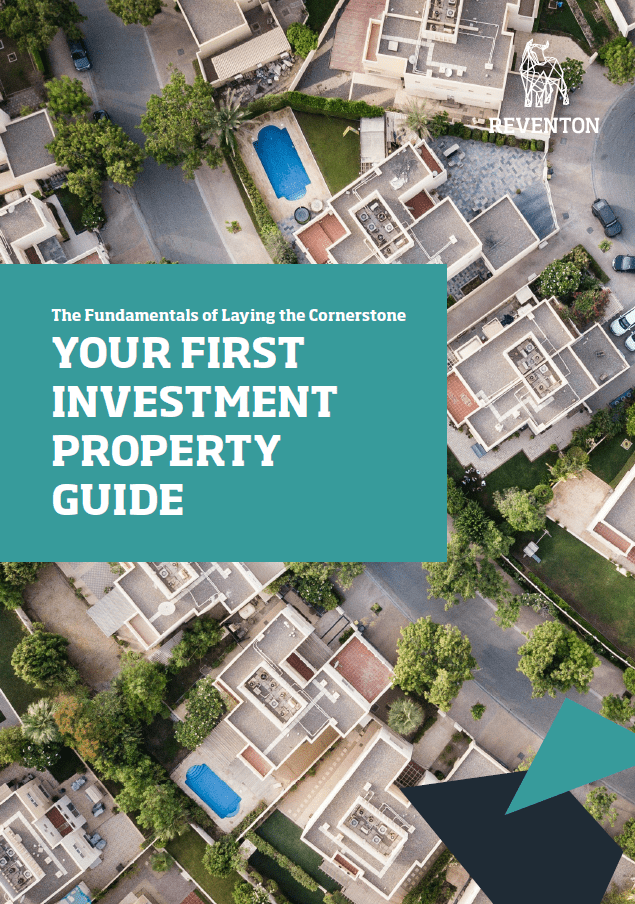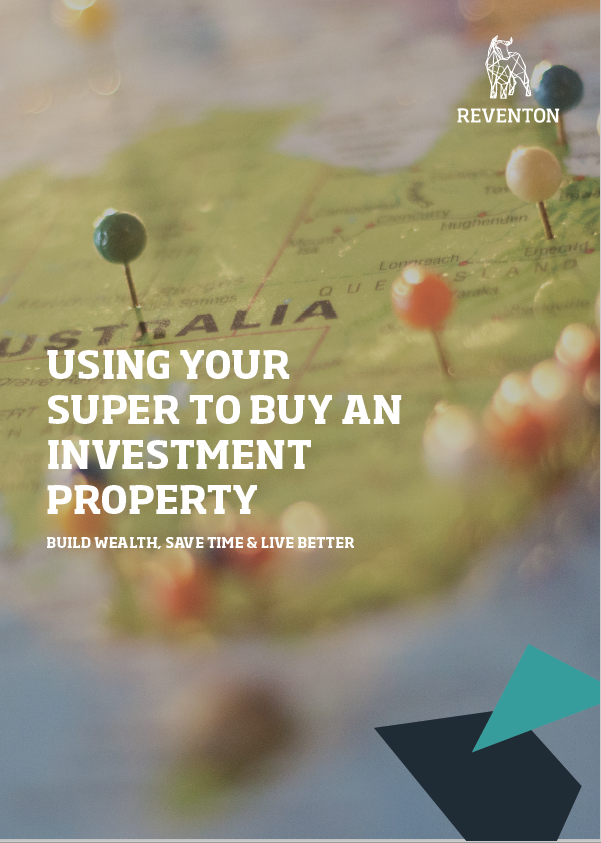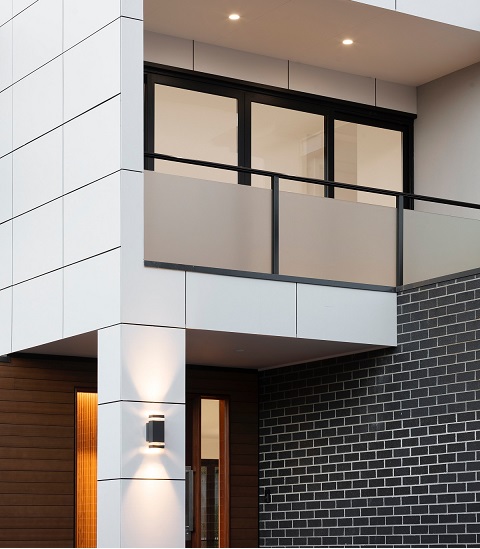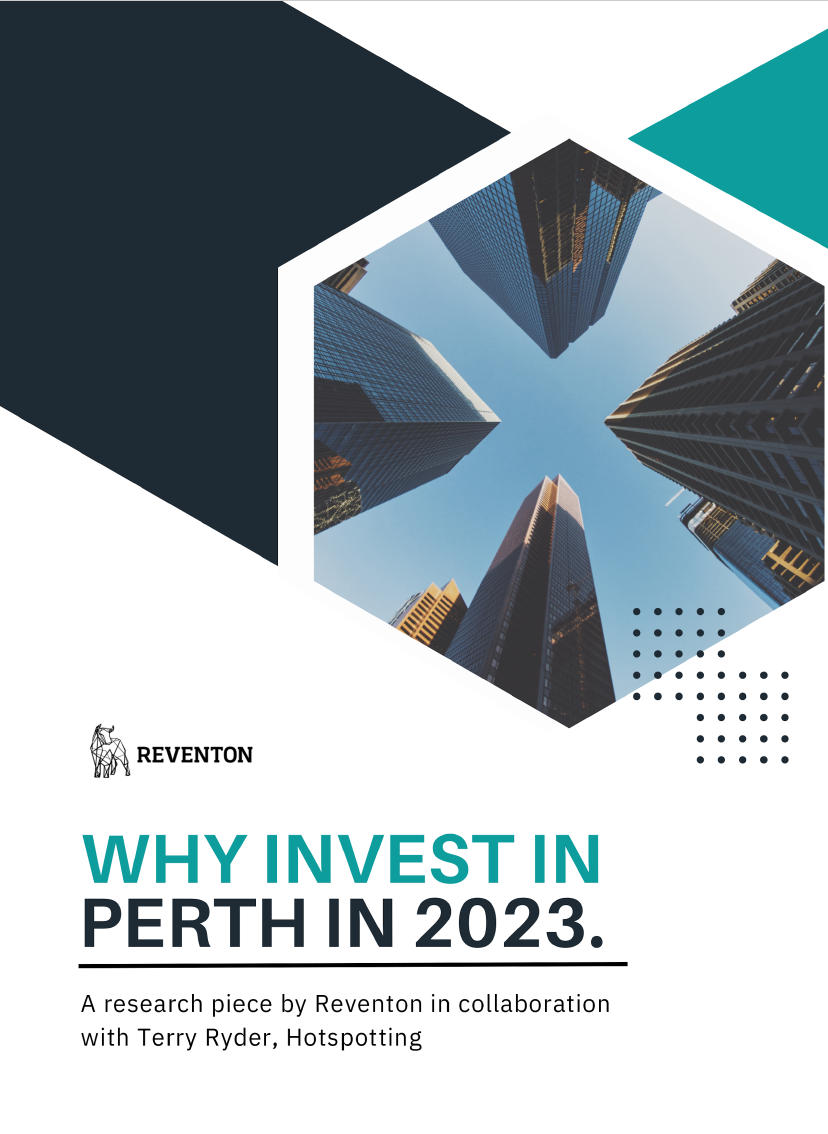Borrowers Refinance For Lower Rate
The number of mortgage holders refinancing has surged following recent interest rate rises.
Refinancing of existing loans has increased 17% in the past few weeks, while all lenders are reporting very strong levels of inquiries about refinancing.
Borrowers are being encouraged to review their interest rates annually to ensure they get the best deal going.
Comparison websites Canstar, Compare Club and RateCity are some of the better-known websites through which borrowers can assess what other rates are on offer.
Experts advise the first step mortgage holders should take is to contact their existing bank and speak to its retention team.
Advising the retention team that you want to refinance your loan with another lender but want to give them the opportunity to give you a better rate, is often an effective way to secure a better deal without having to change lenders.
Depending on your type and value of loan, most lenders will offer some level of discount to keep a customer.
House Build Cost Jumps $94,000
The cost of building a house has jumped $94,000 in the past year, as a result of rising material costs.
Analysis of Australian Bureau of Statistics building approval data shows the average price of a new house in May was $413,436, up from $319,259 in February 2021.
HIA chief economist Tim Reardon says building approval numbers continue to surge, as well as the costs.
“We are looking at the fastest rate of growth in the average cost of an approved house build since 1982,” he says.
Victoria is building more new houses than any other state. It had a $32,000 increase in the cost of a typical home between March and April this year.
Reardon believes cost increases will start to slow as the number of new homes built drops from 150,000 in the past year to about 108,000 by 2024-25.
But he warns the next 12 months is likely to be the second fastest growth period in the past 40 years.
Loans Increase Despite Rate Rises
Rising interest rates have not been enough to deter home buyers. Australian Bureau of Statistic lending figures show the value of new housing loan and investment loan commitments rose during May.
The value of new owner-occupier loans increased 2.1%, while investment loan commitments rose 0.9%.
Real Estate Institute of Australia president Hayden Groves says the number of new loan commitments to first-home buyers grew by 2.3% in May but was 31.6% lower than the same time last year when FHB stimulus packages were in place.
“These figures show first-home buyers keen to lock in mortgages as interest rate hikes loom,” he says.
According to CoreLogic, home sales are still 16% lower than they were a year ago.
National advertised stock levels are about 7% lower than 2021, in Sydney and Melbourne. In Adelaide advertised stock levels are 17% lower than last year and almost 40% below the five-year average, while in Hobart stock levels have lifted.
Rental Markets To Remain Tight
Rents are continuing to rise as vacancy rates drop, with new figures showing the national rental crisis has become even more severe.
CoreLogic’s Quarterly Rental Review for the second quarter of 2022 shows compared with June 2021, dwelling rents are up 9% in capital cities and 11% in regional areas. SQM Research has higher figures, with rents up 15% in the past year.
Research analyst Kaytlin Ezzy says the national vacancy rate has fallen to a record low of 1.2% from 2.2% at this time last year. The report shows June’s rental listings are 34% below the long-term average.
Darwin is the only capital city to record rent growth below 2% while Adelaide had the highest growth during the quarter of 4.3%.
CoreLogic research director Tim Lawless believes rental markets will remain tight for some time for a number of reasons including lack of supply, a reduction in investors and growing demand as international migration resumes.
QUOTE OF THE WEEK:
“Covid has been a significant shock to housing. It has prompted Australians to put a much higher value on their home environment, in particular they want more space at home and better quality, so demand has gone up. Covid has also put a lot of pressure on international supply chains, so capacity is constrained. So, with demand strong and capacity constrained, the cost increases.”
HIA senior economist Nick Ward
Want more?
- Access the latest property and finance news, articles and videos
- Meet the Reventon team
- Learn more about our services
Thinking of buying an investment property? Book a free consultation with a Reventon property advisor today!
Talk to the Reventon team and we’ll give you all the guidance you need to be successful at investing your money.

